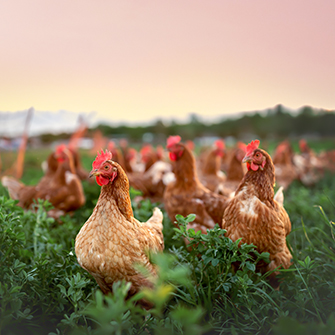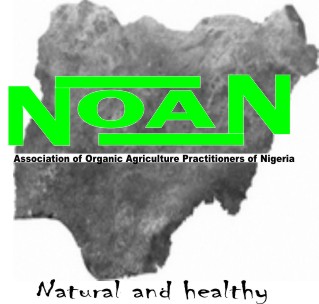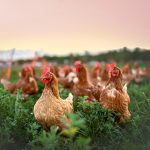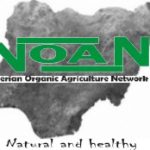
If you’re interested in raising organic animals for food, you’re not alone. More and more people are turning to organic farming practices to produce healthy and sustainable food for their families and communities. In this guide, we’ll cover the basics of raising organic animals for food, including what it means to be organic, the benefits of organic farming, and how to get started with raising organic animals.
What does it mean to be organic?
Organic farming practices prioritize the health and well-being of the animals and the environment. This means using natural methods to promote animal health, such as providing them with access to pasture and fresh air, feeding them organic and non-GMO feeds, and avoiding the use of antibiotics, hormones, and other synthetic chemicals.
The Benefits of Organic Farming
There are many benefits to raising animals organically. Here are a few:
- Healthier Animals: Organic farming practices prioritize animal health, which can result in healthier and happier animals. This means fewer illnesses and diseases, which can translate to lower veterinary bills and higher profits.
- Better Quality Meat: Organic farming practices can result in better quality meat that is more flavorful and nutrient-dense than conventionally raised meat.
- Environmental Sustainability: Organic farming practices prioritize environmental sustainability, which can result in healthier soils, reduced water usage, and fewer greenhouse gas emissions.
Getting Started with Raising Organic Animals
If you’re interested in raising organic animals for food, here are some steps you can take to get started:
- Choose Your Animals: Decide which type of animal you want to raise based on your interests, goals, and available space. Some popular options include chickens, cows, goats, and sheep.
- Provide Proper Shelter: Your animals will need a safe and comfortable place to live. Make sure their shelter is appropriate for their size and species and provides protection from the elements.
- Provide Access to Pasture: Pasture-raised animals have access to fresh air, sunlight, and a variety of grasses and plants. If possible, provide your animals with access to pasture or a large outdoor area.
- Feed Organic and Non-GMO Feeds: Feed is one of the most important aspects of raising organic animals. Make sure you’re providing your animals with organic and non-GMO feeds that are appropriate for their species and stage of life.
- Avoid the Use of Synthetic Chemicals: One of the key tenets of organic farming is avoiding the use of synthetic chemicals such as antibiotics, hormones, and pesticides. Work with a veterinarian to develop a disease management plan that prioritizes natural and organic methods.
- Consider Certification: If you’re interested in selling your meat as certified organic, you’ll need to adhere to the standards set by organizations such as the USDA or Certified Humane, or your local certifications. This may require additional documentation, inspections, and fees.
- Conclusion
- Raising organic animals for food can be a rewarding and sustainable practice. By prioritizing animal health, environmental sustainability, and natural methods, you can produce high-quality meat that is both healthy and delicious. Whether you’re starting a small hobby farm or looking to scale up your operation, there are many resources available to help you get started with organic farming practices.
Thank you for reading the article. We want to hear from you …….





